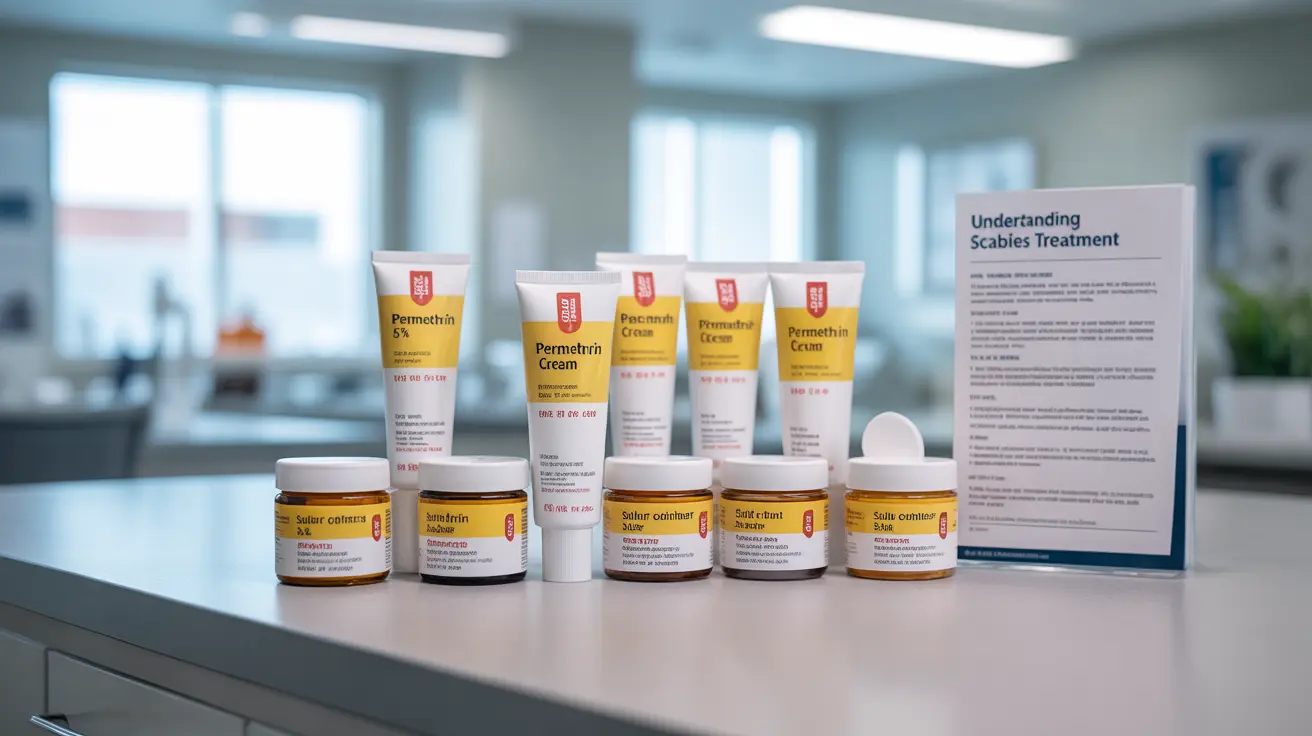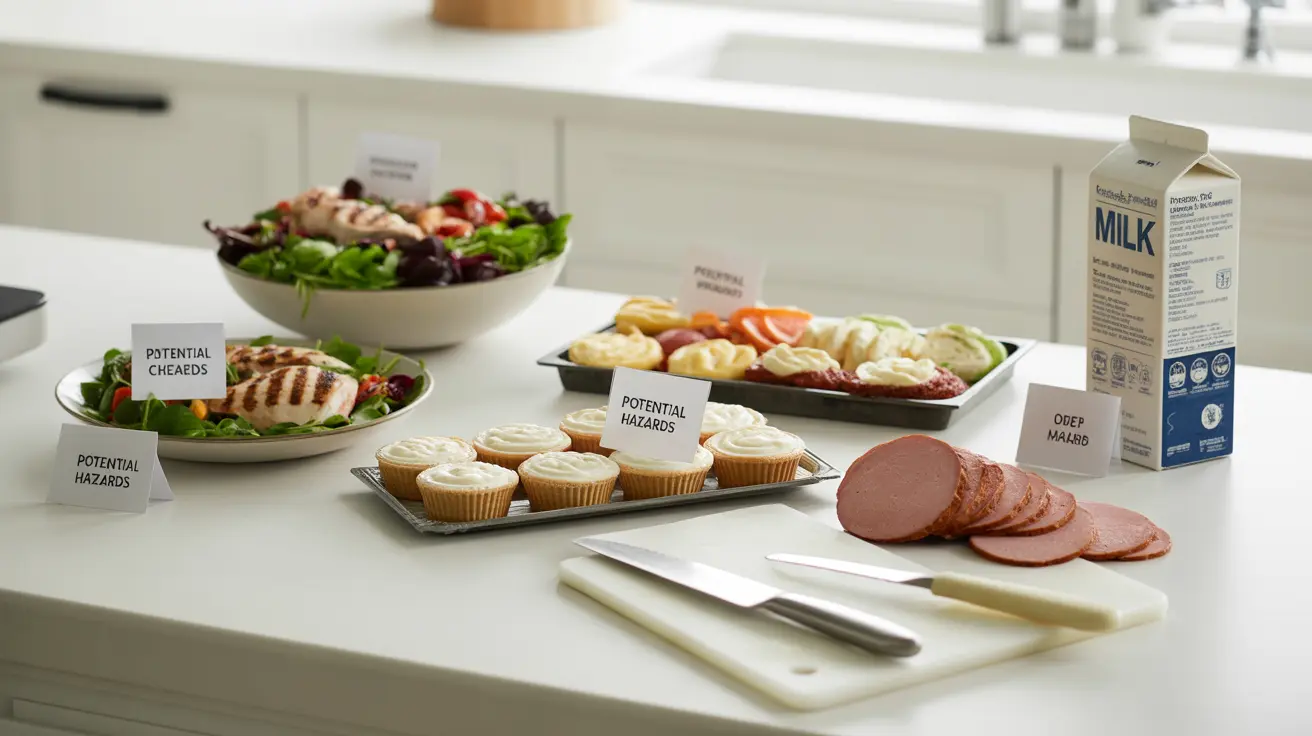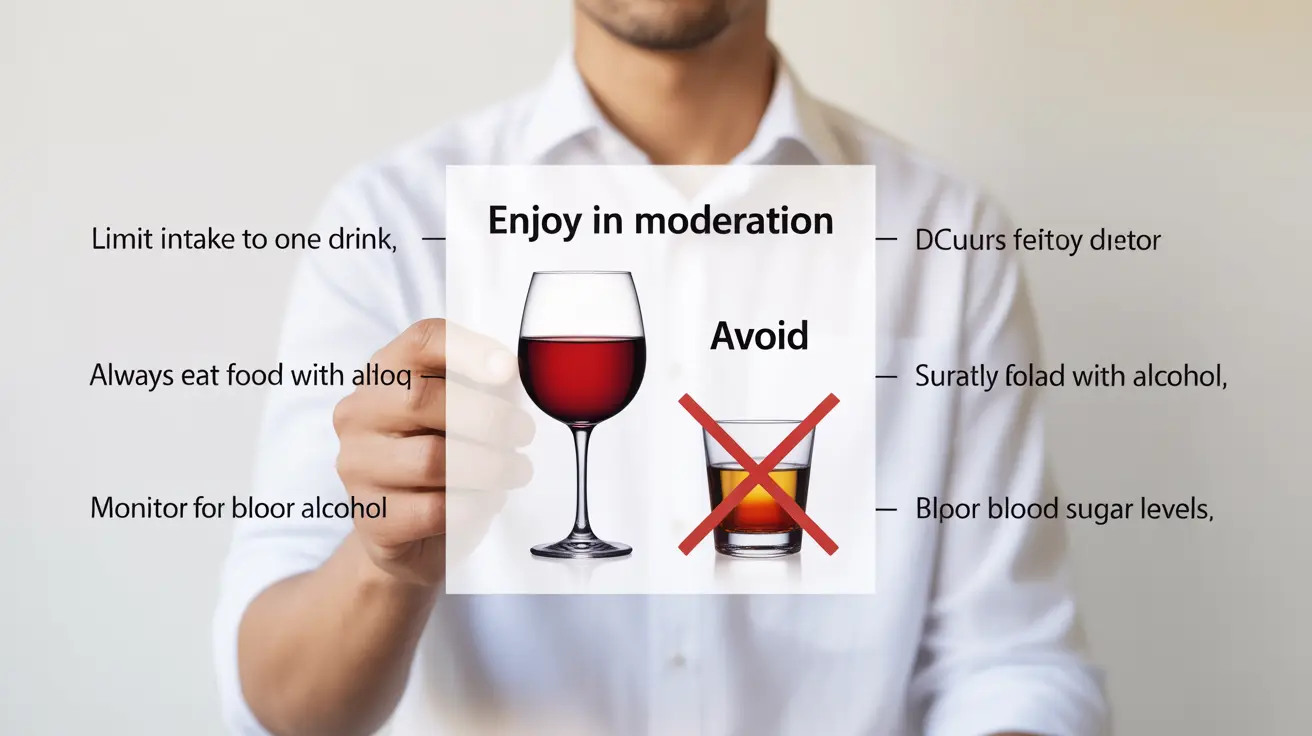- What is the HbA1c Test?
- The HbA1c test measures the percentage of glycated hemoglobin, which forms when blood sugar binds to red blood cells.
- It reflects your average blood sugar levels over the past 2-3 months, providing a broader picture of blood sugar control than daily glucose readings.
- Why is the HbA1c Test Important for Diabetes Management?
- The HbA1c test helps:
- Diagnose diabetes or pre-diabetes.
- Monitor how well diabetes is being managed.
- Assess the risk for diabetes-related complications, such as heart disease, kidney damage, and nerve issues.
- The HbA1c test helps:
- Interpreting HbA1c Results:
- Normal range: Below 5.7% (non-diabetics).
- Pre-diabetes: HbA1c between 5.7% and 6.4%.
- Diabetes: HbA1c 6.5% or higher.
- Diabetic target: For most people with diabetes, the goal is to keep HbA1c below 7%, though individual targets may vary depending on age, health, and the risk of complications.
- How Often Should You Test HbA1c?
- Diabetics should typically have their HbA1c tested twice a year.
- More frequent testing (every 3-4 months) is recommended if there are changes in medication, lifestyle, or blood sugar management.
- What Does a High HbA1c Mean?
- A higher HbA1c level indicates poor blood sugar control and a higher risk of complications, emphasizing the need for adjustments in diet, medication, or lifestyle.
Recommended Tests
- Blood Glucose: This test measures current blood sugar levels and is often done daily or before meals to manage diabetes in the short term. It complements the HbA1c test.
- LDL Cholesterol: Diabetics are at higher risk of heart disease, making LDL cholesterol monitoring essential for overall health. Managing both blood sugar and cholesterol is key to reducing cardiovascular risk.




